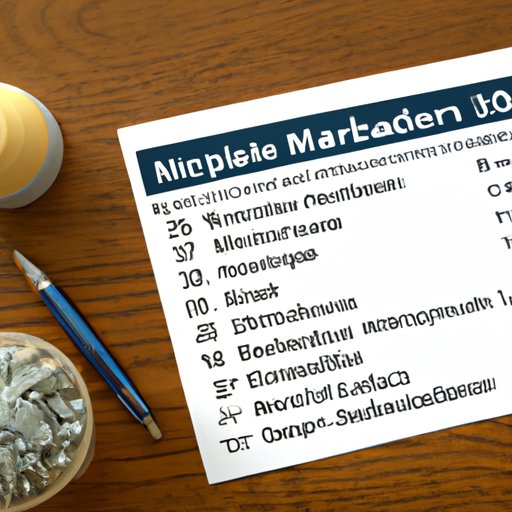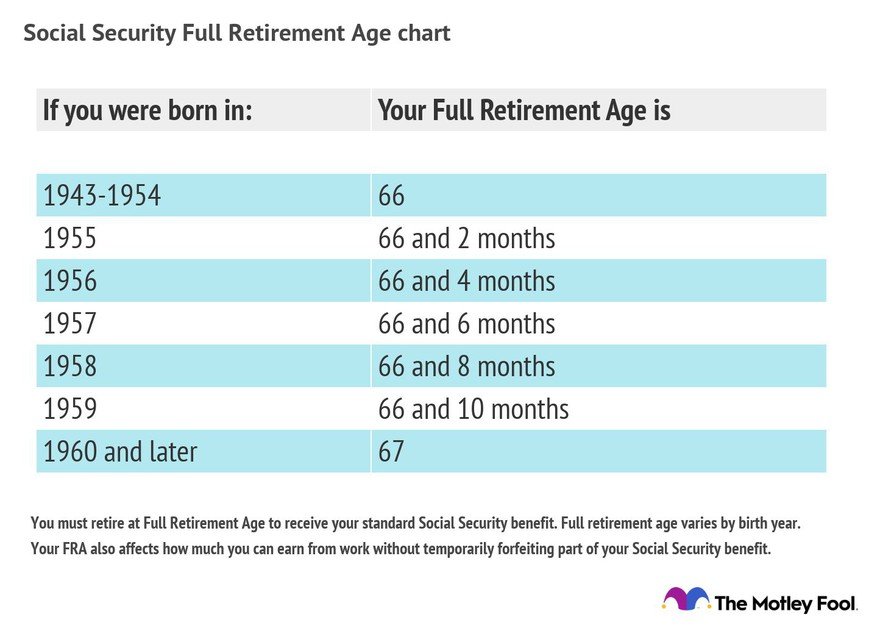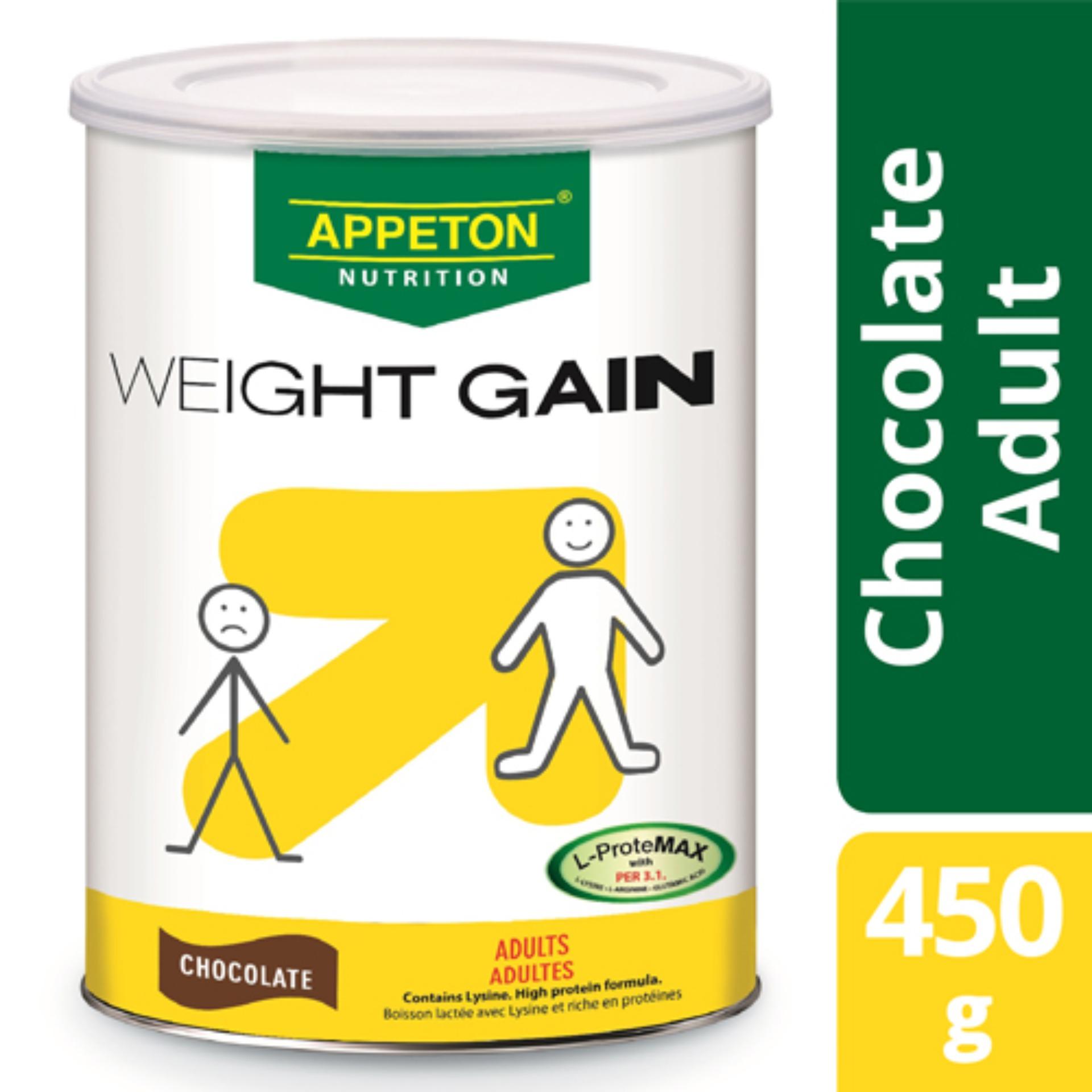At What Age Can I Give My Baby Nestum Also do not give fruit juices to infants younger than 12 months old Over the next few months introduce a variety of foods from all the food groups If your baby doesn t seem to like something don t give up It can take 8 to 10 tries or more before babies learn to like new foods
Firm foods Unbreakable stick shaped food teethers are fantastic first foods for many reasons such as their ability to advance self feeding and chewing in a low risk way Fibrous foods Some foods like a whole asparagus spear or strip of cooked meat are resistive enough to hold their shape but break down into bits as baby gnaws and sucks Soft finger foods Stage 2 typically 6 9 months old At this stage you can give your child thicker consistency purees and increase the volume to two to four tablespoons at a feeding Stage 3 typically 10 12 months old but may occur sooner At this stage you can slowly replace purees with soft chewable chunks of food and offer your baby more finger foods
At What Age Can I Give My Baby Nestum
 At What Age Can I Give My Baby Nestum
At What Age Can I Give My Baby Nestum
https://i.pinimg.com/originals/8f/6f/7b/8f6f7bec6ae4130de3a1ad61423b93d3.png
Give baby plenty of water in a sippy cup throughout the day Let baby get messy Check with your child s pediatrician about baby s growth and development Don ts Put food in a bottle Give food larger than baby s fingertip Give sharp foods or other food baby can choke on like grapes unless cut into quarters or hot dogs
Pre-crafted templates provide a time-saving service for creating a varied series of documents and files. These pre-designed formats and designs can be utilized for numerous personal and professional projects, including resumes, invites, flyers, newsletters, reports, presentations, and more, simplifying the material development process.
At What Age Can I Give My Baby Nestum

DaaniaAfreen Biskut Ice Ice Baby Nestum

Can Puppies Have Bully Sticks We Find Out Depend On Dogs
Retirement Age Calculator Finance Over Fifty

What Age Can I Apply For Medicare Exploring Eligibility Requirements

When Can Baby Eat Pizza A Complete Guide

Maximum Social Security Benefit At Age 62 In 2024 Elsy Norean

https://www.cdc.gov/infant-toddler-nutrition/foods-and-drinks/when-what-and-how-to-introduce-solid-foods.html
The American Academy of Pediatrics recommends that for most children you do not need to give food in a certain order Your child can begin eating solid foods at about 6 months By the time they are 7 or 8 months your child can eat various foods from different food groups These foods include Infant cereals Meat or other proteins Fruits

https://www.babycenter.com/baby/solids-finger-foods/age-by-age-guide-to-feeding-your-baby_1400680
Babies this age typically have four to six feedings of breast milk or formula daily 4 to 6 ounce bottles if you re bottle feeding When starting solids begin with a very small amount of a single ingredient pureed food about 1 to 2 teaspoons once or twice a day Gradually increase the amount of food you give your baby to 1 to 2 tablespoons

https://www.babygooroo.com/articles/risks-associated-with-introducing-solids-too-early-or-too-late
During that time breast milk or infant formula provides all the calories and nutrients your baby needs Around 6 months you can start introducing solids Some babies may be ready for solid foods a bit sooner 4 6 months and others a bit later 6 8 months Introducing solids before 4 months of age can increase the risk of choking and

https://www.familyeducation.com/babies/feeding/babys-first-food-by-age
Honey Giving honey to babies under age 1 can cause infant botulism A baby s digestive system can t handle the natural bacteria in honey Cow s milk Cow s milk should not be introduced during the first year Continue with breastmilk or formula until at least 1 year Cow milk products such as yogurt can be introduced prior to 1 year

https://www.cdc.gov/infant-toddler-nutrition/foods-and-drinks/index.html
When your child is about 6 months old you can start introducing them to foods and drinks other than breast milk and infant formula Complementary feeding The foods and drinks you feed your child are sometimes called complementary foods Think of these as complementing or adding to breast milk or infant formula that you continue to feed
[desc-11] [desc-12]
[desc-13]